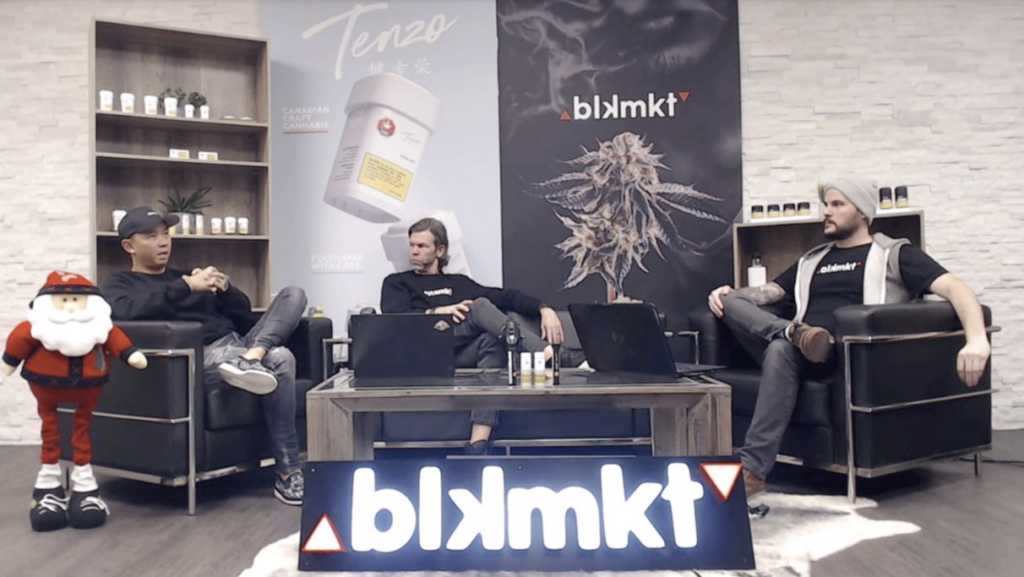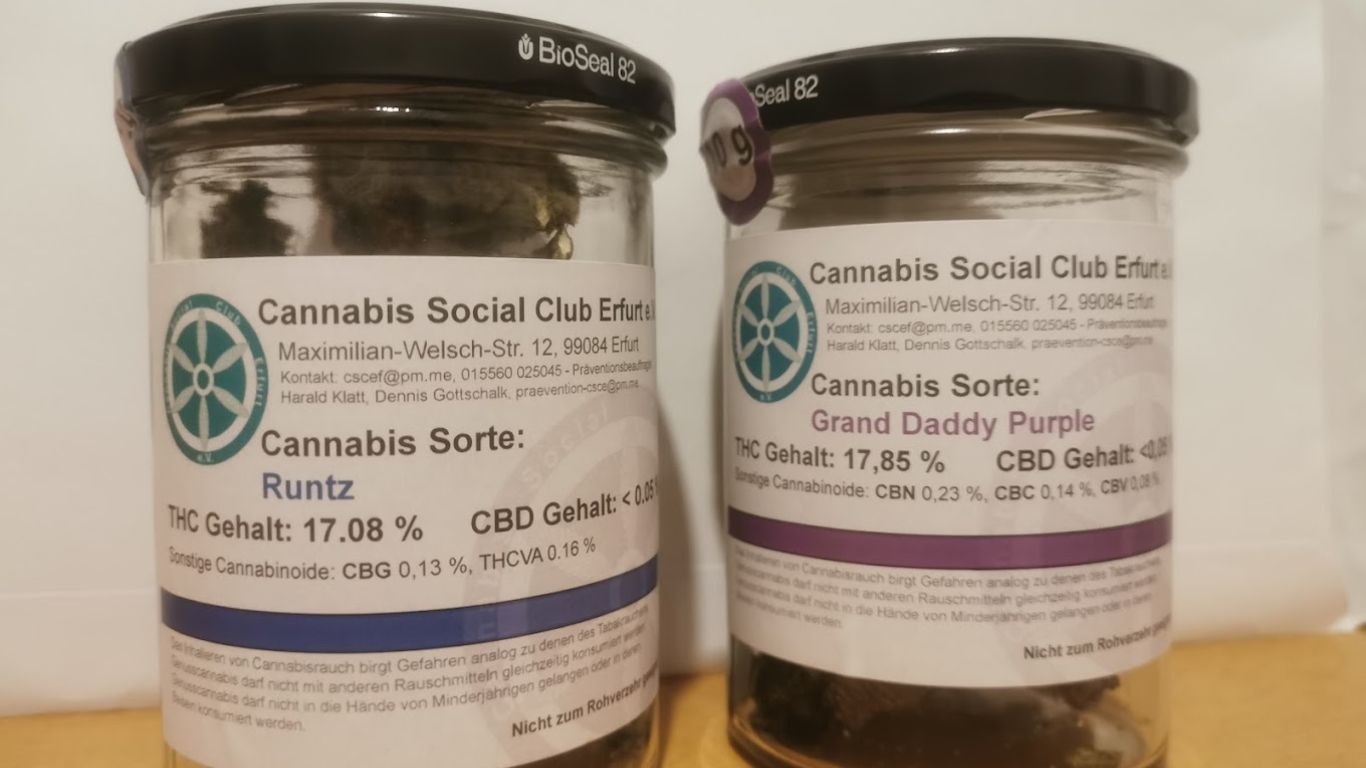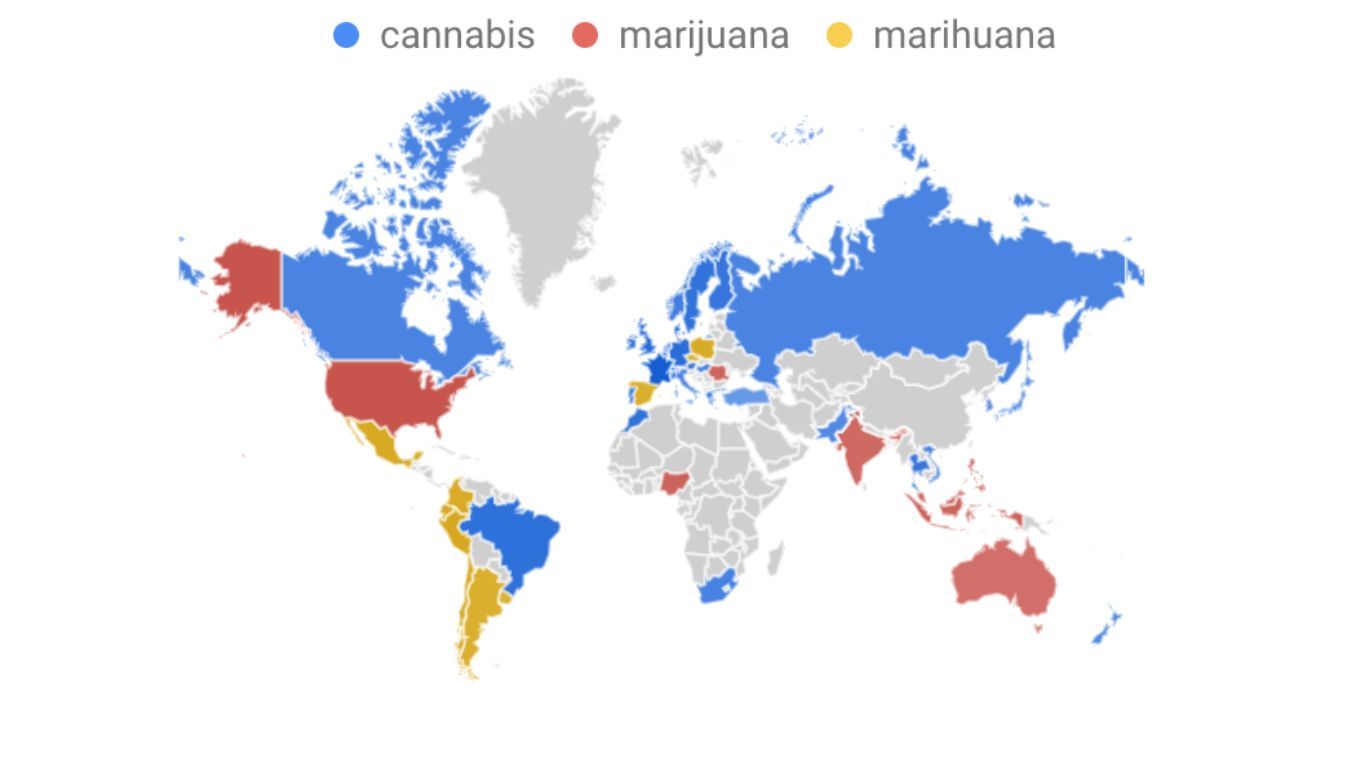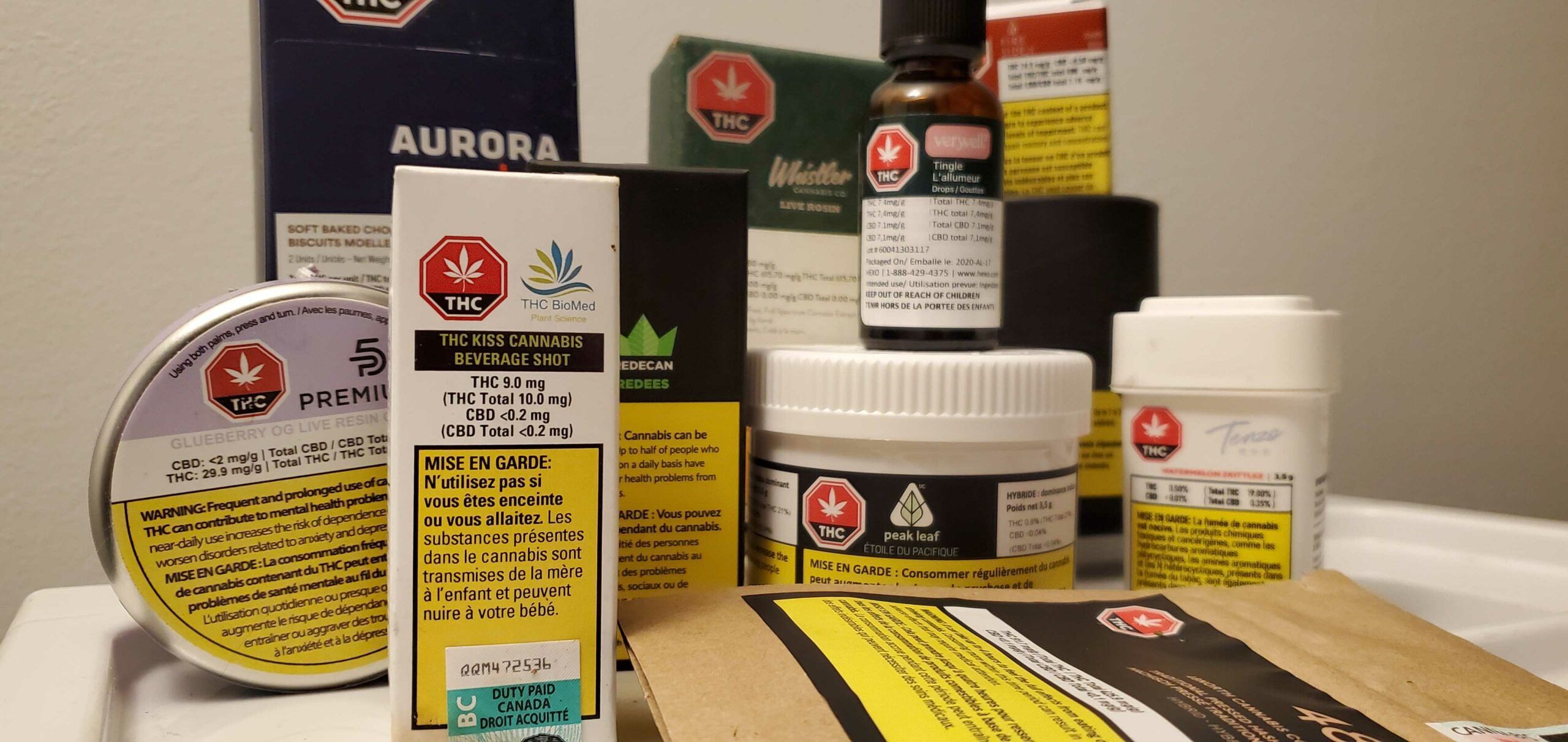
Despite the common perception that cannabis companies have no way to market their products in Canada, producers and retailers say they are finding many creative and effective ways to communicate with consumers.
From engaging with consumers online on platforms like Twitter or Reddit, to providing added information like terpene profiles or additional cannabinoids other than THC and CBD and telling the story behind the brand and products, cannabis growers and retailers are finding many ways to succeed even in a highly regulated market.
While much mainstream media coverage has focused on the many limitations—both real and imagined—when it comes to advertising cannabis products, Colin Bambury, the head of marketing at THC Canada, an independent retailer in Vancouver says he sees plenty of opportunities to market and brand products.
Taking the time to really understand the regulations is key, he says.
“I don’t know where this false understanding comes from,” says Bambury. “It could just be that when cannabis was legalized a few years ago, the headlines were all about how marketing and promotion isn’t allowed so people didn’t really do a deep dive into the creative, compliant ways to communicate with customers within the regulations.”
Bambury, who is also the founder and editor of a cannabis marketing company, ADCANN, and previously worked as a for 7acres, an Ontario-based LP, says some of the most effective tools he sees retailers and producers using is telling their story and engaging with consumers and retailers online, though their website or social media channels, as well as producers reaching out and talking to retailers directly.
“There actually is a lot of opportunity, currently, within the regulations, to make an impact and communicate with customers. There’s obviously limitations, like here in British Columbia we aren’t allowed to sell branded clothing in our store, even of our own brand. So there are obviously a few rules that are holding us back from engaging with customers as effectively as we could, but there’s still a lot of opportunity.”
“A licensed producer having a strong digital presence can really help educate budtenders about producers and their products,” says Bambury. “And then having reps that come and speak with us. We have reps coming in and speaking with us on a weekly basis and giving us updates about their products and what they have coming and we can then give them feedback on what is selling and what customers are saying”.

There are, of course, many restrictions at the federal and provincial/territorial level when it comes to how companies growing or selling cannabis can market their products. Traditional ads like billboards or in newspapers are not allowed and even promotional swag like hats and shirts are strictly regulated, but online ads abound and companies utilize many ways to engage online and in person with their customer both directly and indirectly.
“Obviously follow the rules, but don’t be too scared that you don’t do anything”
Colin Bambury, THC Canada
So-called plain packaging rules, for example, do limit how much branding companies can use, but it’s not the black and yellow generic labeling some seem to imagine. Legal cannabis products display an array of shapes, sizes, and colours, and despite some who think it’s not allowed, some producers are already expanding their messaging on their beyond just THC and CBD and a warning label and logo.
Norton Singhavon, the founder and CEO of GTEC Cannabis, which has several small batch, craft cannabis products on the market, says he puts a lot of effort into talking with retailers.
“Retailers are the most influential,” explains Singhavon. “That’s who is talking to your consumers every day. They tell us what they want to see, what consumers are asking for, and they are the ones who can tell those people about your product, if you take the time to educate them.”
“Anywhere I go, from family road trips or travel for work, I always make it a point to stop in every store I see and just look around and engage with them and talk about what’s selling, talk about my product and who we are, and just educate them on the brand and on the company, and who we are. Because we’re from this culture and we love cannabis and that’s part of the story behind who we are.”
“When I go into a store, or when my sales team does, I make sure they are aware of the story about who we are and what we stand for,” continues Singhavon. “And people want to support the underdog, they want to support those who know their plant and respect the culture and are doing so successfully.”
“Retailers are the most influential. That’s who is talking to your consumers every day. They tell us what they want to see, what consumers are asking for, and they are the ones who can tell those people about your product, if you take the time to educate them.”
Norton Singhavon, GTEC Cannabis
It’s this storytelling, says THC Canada’s Bambury, that is one of the best tools cannabis growers and processors have. Especially those with a good local story.
“Where and how it’s grown are definitely important factors to certain customers,” he says. “What I’ve found since I moved to British Columbia and have been working at THC is people in BC really want to buy and support products that come from BC. So we can explain to them where it’s grown… how it’s grown. The small batch, craft practices do appeal a lot to the customers who are used to buying on the legacy market.”
These types of products are also what is helping bring in the “legacy” consumers who are more accustomed to a high quality, craft cannabis product, including many of the same clientele who used to frequent THC when they existed in the legacy market, themselves.
“A lot of our former customers at THC who used to buy from us when we were in that medical, legacy market understand that craft growers and small batch growers usually produce a higher quality product. So communicating that to them will usually pique their interest and they usually will try the products based on that.”
Another way to reach consumers is providing more info than just THC levels. Several producers have now begun listing terpenes, for example, and many micro producers have begun posting their lab results online, or posting pictures of their crops and flowers.
“You can do all the marketing you want, and you can talk about the regulations and what you want to see changed, but your operation is your best marketing, your quality is your marketing
Daffyd Roderick, Senior Director of Communications and Social Responsibility at the Ontario Cannabis Store
Even if some of these may push up against the regulations, Bambury says it’s important to not be too scared to push too far. (For example, a few producers received fines from the Alberta government earlier this year for engaging with retailers in ways the province didn’t allow).
“Complaining is easier than executing,” he explains. “I think a lot of people would rather put their hands up and say ‘hey, I can’t do anything here’, and the marketing teams are expected to do less. But there really is also a matter of education. There’s even some people who work at other retailers, other licensed producers who I have spoken to who just have a very strict interpretation of the cannabis act and the promotion in there, and in my experience dealing with Health Canada while working at a licensed producer, it’s just not based in reality.”
“Obviously follow the rules, but don’t be too scared that you don’t do anything”
Singhavon says GTEC was the first to begin providing information on terpenes on their products, adding to the story he can tell about the product. One brand, Color Cannabis recently announced similar braiding in products coming to the Ontario market that include terpene and flavour profiles.
“We were the first company to list terpenes on our label. That’s another thing that is compliant that we were the first with and gives consumers a better understanding of the product”
Daffyd Roderick, Senior Director of Communications and Social Responsibility at the Ontario Cannabis Store, says how they tell the story of the product has been evolving, as well. As the provincial online retailer, he says the crown corporations’ first priority in the beginning of legalization was conveying health and safety messaging. But as the market matures, they have shifted their messaging to be much more focussed on the products and consumer interests.
“You have to be creative. You need that relentless, tenacious attitude. You have to hustle to make this work.”
Norton Singhavon, gtec cannabis
“Our own content at the OCS website is going to start changing in the new year, and will become very focussed on telling the stories of the brands we carry,” says Roderick. “Those stories are a very powerful thing and there are some brands with some really great stories out there, and really interesting people driving the progress of this sector.”
“In the first two years we were really trying to focus on education and build that understanding of this product,” he continues. “But now that we’re two years in … we can tell those stories of the craft growers, telling the stories of outdoor grows, or the stories around the grow masters who are very passionate about their product. And this gives the product some depth and allows the consumer to make choices around what they value and finding and supporting companies whose values are aligned with what theirs are.”
An online presence is important, says Singhavon, not just for engaging, but also just for seeing what consumers are saying. Although he doesn’t engage much publicly, he says his DM’s are always open to hearing from consumers and retailers, and he lurks forums like reddit to keep tabs on what consumers are saying.
“Reddit’s a bit of an underdog,” says Singhavon. “Not necessarily for engaging, but for honest, consumer feedback and information. We comb reddit every day, /r/TheOCS or /r/RecPics, especially. Seeing what they are saying about our product, and what they are saying about our competitors. It’s a good intelligence gathering.”
The OCS has also taken notice of these forums, even taking part in a few AMA’s in the past year. Roderick says it has served as a good barometer of how public and consumer perception of the legal market has shifted as the market has matured.
“That subreddit (r/TheOCS) went from ‘The OCS sucks and is horrible’ to a focus on the products and their conversations about them, and we’ve now done a few AMA’s with them that have gone really well. They were really healthy conversations and I look at that as an indication of the maturity of the industry, that people are looking at the sector and wanting to talk about product, wanting to talk about what’s coming in the future. There were more than enough frustrations at launch, but I think people are over those right now and they’re looking at what comes next.”
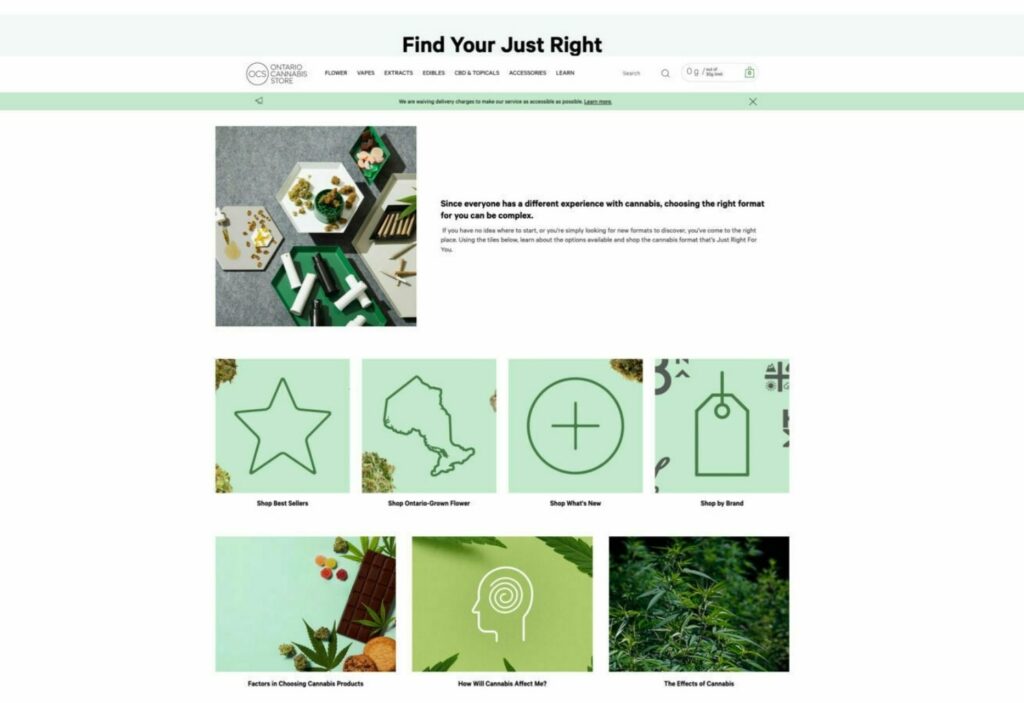
The OCS also recently held their second annual industry Trade Day, where they brought several retailers and producers together—virtually this year—to discuss the industry as a whole, products, consumers, and more. Singahavon says the event gave him a great chance to engage with retailers.
“Budtenders are everything,” he says. “I did the OCS trade day and I thanked all the budtenders. I told them we exist because of them.”
“It’s not just about engaging with my products,” continues Singhavon, “it’s about asking them what is selling well in their store, how well premium products does compared to value products, what they have on display, what they are educating consumers about. It’s little things like that that go a long way.
“You have to be creative. You need that relentless, tenacious attitude. You have to hustle to make this work.”
Rodcerick at the OCS agrees.
“You can do all the marketing you want, and you can talk about the regulations and what you want to see changed, but your operation is your best marketing, your quality is your marketing. And that’s one of the things that I’m happy to see is the quality is improving, and now we have to get into consistency and availability improving and we’re working on it.”
